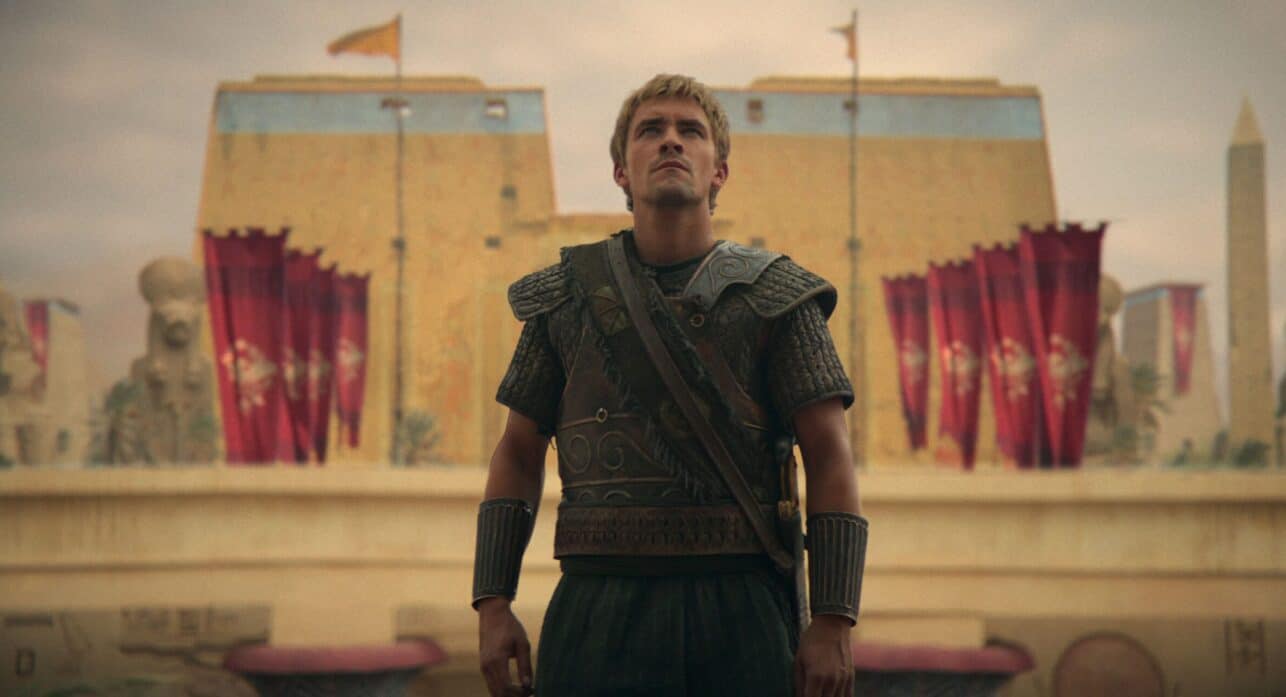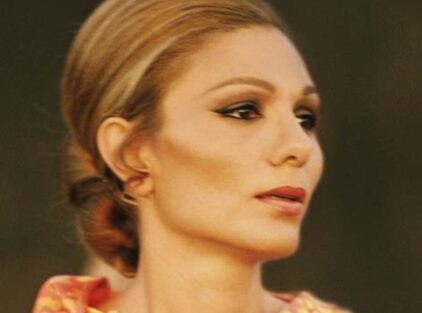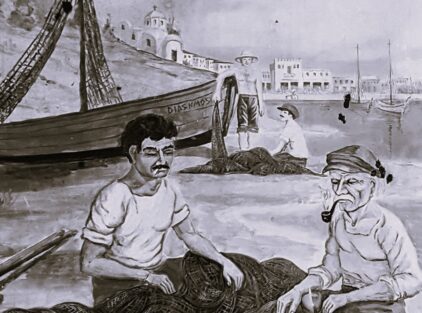by Christos Zabounis
What a coincidence! At the time when the restored palace of King Philip II of Macedon in Aiges was being inaugurated, Netflix was dropping a documentary about his son, Alexander the Great, into the arena of televised gladiators. It is not the first time that Hollywood attempts to approach the life and work of the leading military mind of History, as the new production admits. The downside, however, of the latest venture is that it focuses mainly on “snippets”, i.e. gossip, or micro-stories if you prefer a more appropriate term, to keep the interest of an audience addicted to this practice. “Was Alexander the Great gay or not?”, is the question that is raised from the first minutes of the first episode, after his “tender” relationship with Hephaestion, while his education by Aristotle is omitted, which was probably more essential to his later course than his sexual preferences. Another painful omission, at least for the Body of Greek archaeologists and scholars, is their absence, in contrast to their colleagues from Hesperia. The honor is saved by the excavator Kalliopi Limniou-Papakosta working in Alexandria, Egypt, but in a secondary role. The first, which has also become the “flagship” of the streaming platform, has the revelation of Dr. Salima Ikram of the American University of Cairo. “Hephaestion was not only an adored friend, but perhaps Alexander’s greatest love.” It is questionable why the contributors of the documentary did not address the student of Manolis Andronikos, Dr. Angeliki Kottaridis, who has been dealing with the subject, in situ, locally, for the last fifty years. She is the same one who, as curator of Antiquities of Imathia, highlighted the archaeological site of Aige as one of the most overlooked Greek Antiquities.
Enough with the snobbery, though. Even if it falls short in many ways, the new Netflix series has the merit of perpetuating the legend of an invincible military commander who Hellenized his empire. It sprawled from the Adriatic to the Punjab of West India, Egypt and the Arabian Peninsula inclusive.
P.S. The epiphyllis above was completed when the thought crossed my mind that maybe the producers of “Alexander the Great: the making of a God” had contacted Mrs. Kottarides and she had refused her participation in the project. Therefore, after our telephone conversation, the new version was confirmed, with the argument of the protection of History, with a capital “H”.












